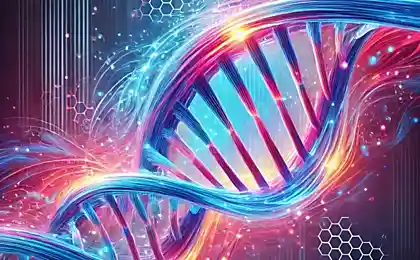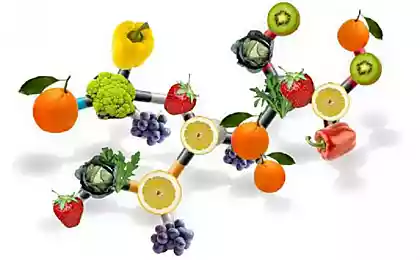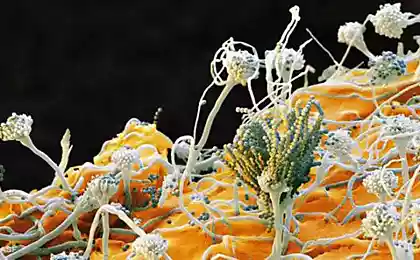335
Two-faced gene SIRT6
A new study by the University of Chicago shows how SIRT6 protein inhibits the tumor growth of liver and colon can contribute to the development of skin cancer.
SIRT6 is part of a family of seven proteins – sirtuins that help regulate genomic stability and prevent some genetic defects associated with aging. It helps to repair damage to DNA that can lead to cancer.

Dr. Yu-Ying He said: "Although SIRT6 inhibits tumor growth in some cell types, we found that it causes cancer in others, particularly in skin cells. We found more of this protein in the damaged squamous cell carcinoma cells than in healthy. When we deleted SIRT6 from skin cells in mice, tumor development decreased".
Scientists have discovered that exposure to UV light can cause increased expression of SIRT6 in skin cells, and this leads to the production of the COX-2 enzyme responsible for inflammation that contributes to the development of skin cancer.
The scientists said: "Our findings underline an important role for SIRT6 in the skin damage of ultraviolet light. This adds to our understanding of the mechanisms of carcinogenesis of the skin and suggests that it may serve as a useful target for cancer prevention. We are already looking for safe and effective ways to inhibit it."
SIRT6 is part of a family of seven proteins – sirtuins that help regulate genomic stability and prevent some genetic defects associated with aging. It helps to repair damage to DNA that can lead to cancer.

Dr. Yu-Ying He said: "Although SIRT6 inhibits tumor growth in some cell types, we found that it causes cancer in others, particularly in skin cells. We found more of this protein in the damaged squamous cell carcinoma cells than in healthy. When we deleted SIRT6 from skin cells in mice, tumor development decreased".
Scientists have discovered that exposure to UV light can cause increased expression of SIRT6 in skin cells, and this leads to the production of the COX-2 enzyme responsible for inflammation that contributes to the development of skin cancer.
The scientists said: "Our findings underline an important role for SIRT6 in the skin damage of ultraviolet light. This adds to our understanding of the mechanisms of carcinogenesis of the skin and suggests that it may serve as a useful target for cancer prevention. We are already looking for safe and effective ways to inhibit it."























